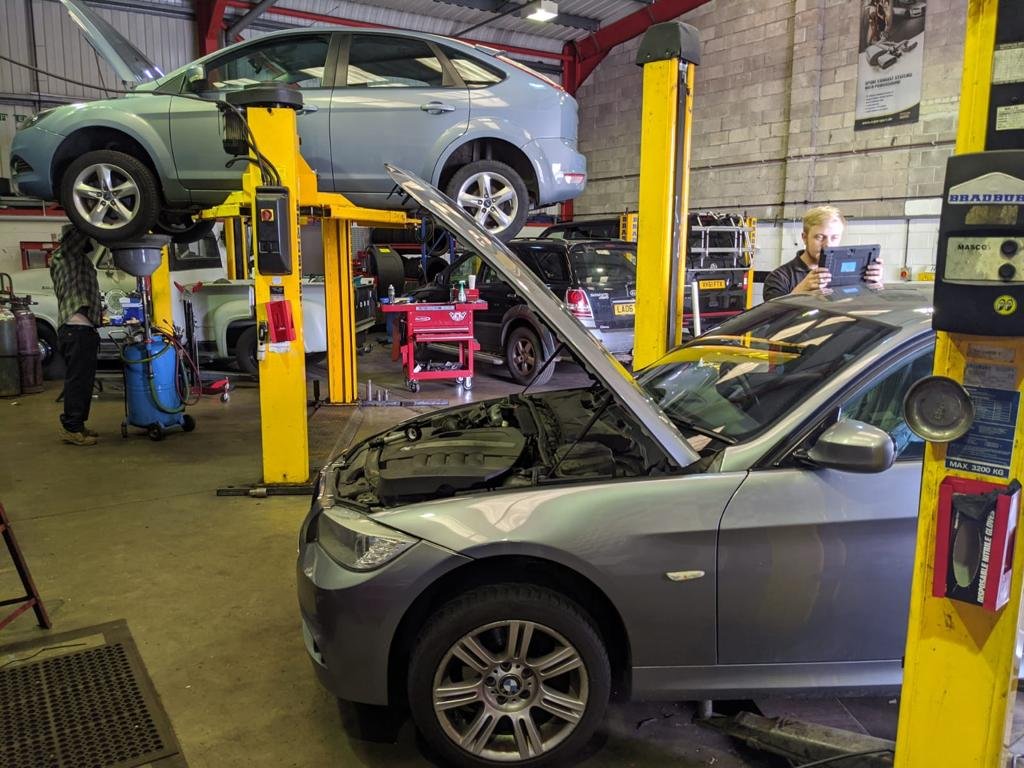NBRA responds to premium increases
Amidst the mounting financial burdens imposed by escalating costs across various sectors such as food and energy, the recent surge of 21% in year-on-year car insurance premiums does not come as a shock says the National Body Repair Association (NBRA). Wayne Mason-Drust NBRA board member, sheds light on this development, explaining “For almost a decade, the cost of repairing a car following an accident has increased far below inflation. Car insurers have tightly controlled repair costs by giving car repairers minimal annual wage increments to car repair professionals. This approach has led to incredibly low car insurance premiums for over a decade and a brilliant deal for the average motorist.”
The NBRA which represents car repairers in the UK says, “Whilst insurer control has led to low premiums, it has decimated a once-thriving car repair industry. The outcome is a dwindling count of 2,500 car crash repairers remaining, contributing to substantial delays of up to a month to get your car booked in following an accident.” Wayne continued “The scarcity of bodyshops and demand for repairs has resulted in a correction in labour rates which had barely moved for a decade. Additionally, factors such as advancing vehicle technology, rising car part costs, employee wages, augmented paint expenses, and increased energy expenditures collectively contribute to the current surge in insurance premiums.”
Whilst NBRA acknowledges that repair costs have been a factor in these premium increases, we have been calling out for years that the suppression of our industry would inevitably lead to a time when very few repairers would remain leading to a jump in premiums and reduced service levels. “To avoid this happening in the future we need to ensure repairer pay tracks inflation and does not fall woefully behind again. With the vast array of technology fitted on vehicles now and the accelerated introduction of electric vehicles and alternative fuels, the public needs to have confidence in a car crash repair industry that is adequately funded to invest in training and equipment for the future, insurers can no longer cost cut their way to service and vehicle safety.”
A more hopeful message for motorists, however, is that NBRA also sees a great deal of waste and inefficiency in the overall claims process and believes premiums could be reduced by working with a well-supported repair industry to control the whole cost of the claim rather than simply focusing on repair costs. A message the NBRA has conveyed many times before.

